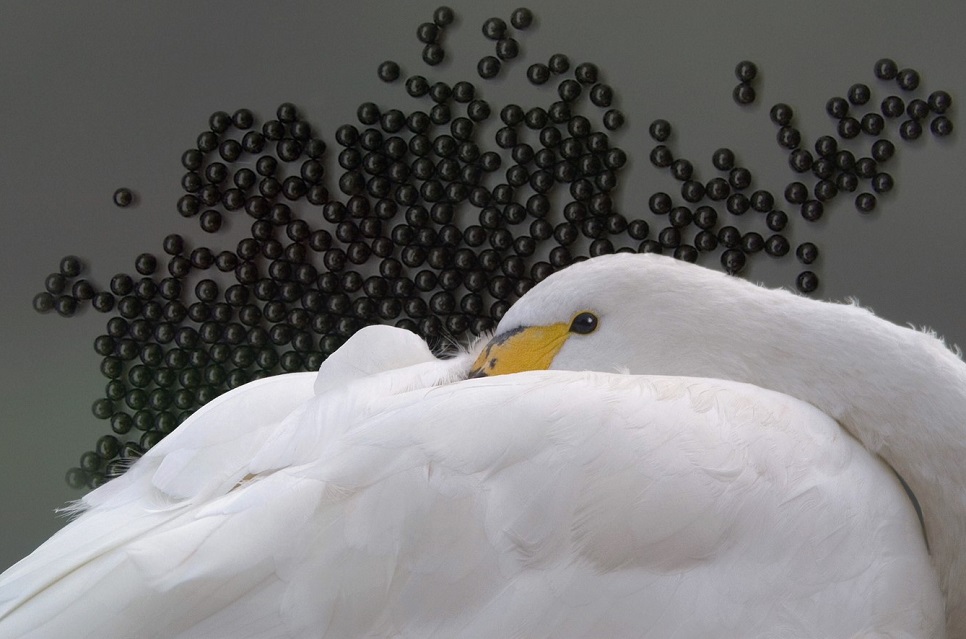Efforts to save the world’s rarest duck receive timely boost
 Efforts to establish a breeding programme to save the world’s rarest duck, the Madagascar pochard, have received a boost from Defra’s Darwin Initiative.
Efforts to establish a breeding programme to save the world’s rarest duck, the Madagascar pochard, have received a boost from Defra’s Darwin Initiative.
£282,000 over three years from the Darwin Initiative will help to fully establish the breeding programme, which was started late last year as an emergency measure following the news that only six females remained in the wild. As well as supporting breeding and rearing the birds, the money will pay to train Malagasy conservationists, develop a recovery plan and identify lakes where the ducks can potentially be reintroduced. Fundraising is now underway to build a conservation-breeding centre for the project in Madagascar.
Last year, an expedition confirmed that the remaining population of only 20 ducks at a single location contained just six females and that none of the young from the previous year had survived. With the species facing such a precarious future, a partnership formed to ensure the ducks’ survival: Durrell Wildlife Conservation Trust, Wildfowl & Wetlands Trust (WWT), The Peregrine Fund, whose scientist rediscovered the duck, and the Government of Madagascar.
In November, with funding from the Mitsubishi Corporation Fund for Europe and Africa, the partnership managed to establish a safety-net population. With minimal disturbance to the adult ducks, the team were able to remove three clutches of eggs from wild nests and have reared 23 ducklings in a temporary facility.
The project is now well and truly underway
Durrell’s Project Leader, Dr Glyn Young, says, “This dramatic mission was a vital first step but now we need to establish a sustainable breeding programme and to identify suitable locations to reintroduce ducks in the future. The Darwin Initiative support will allow us to do this.”
WWT’s Peter Cranswick added, “This money effectively means that the immediate risk of extinction for the Madagascar pochard has been averted. Many challenges lie ahead for its long-term survival – not least, to ensure that the needs of both local Malagasy people and the Pochard can be harmonised at key wetlands – but the project is now well and truly underway. ”
